Recently, during the Winter Session of the Indian Parliament, more than 140 opposition members of Parliament (MPs) were suspended, sparking concerns about the freedom of speech and expression in the country. Amongst concerns about the violation of democratic principles, this action by the government threatens the sanctity of free speech and fair representation in India.
The Indian Parliament’s winter session of 2023 has become the backdrop for a disturbing and dramatic chapter in the nation’s constitutional history. The suspension of over 140 MPs has almost emptied the Parliament of the opposition. Unfortunately, this is not just a parliamentary crisis, but a stark reminder of the fragility of one of the world’s largest democracies.
The suspensions arise from the opposition’s request for a statement on a recent security breach in the Lok Sabha, the Lower House of the Parliament. Their reliance on placards and slogans, while perhaps unorthodox, is not uncommon in the often-charged atmosphere of the Parliament. Rule 374 of the Rules of Procedure and Conduct of Business in Lok Sabha provides power to the Lok Sabha speaker to name an MP that “disregards the authority of the Chair or abuses the rules”. Similar powers exist with the chairman of Rajya Sabha under Rule 256 of the Rules for the Council of States. However, the nature and timing of these suspensions cast serious doubts about their fairness.
Is India Facing a Democratic Backsliding?
These efforts to quash criticism suggest a potential regression in India’s democratic principles. Democratic backsliding is a gradual decline in democratic principles over time, not necessarily marked by a sudden collapse of power but rather by the actions of elected leaders.
India has witnessed several periods of democratic strains in the past, with ‘the Emergency’ leaving a painful scar on the country’s democratic history. From June 1975 to March 1977, Indira Gandhi’s government suspended elections, detained opposition leaders, censored the press, curtailed civil liberties, and weakened the judiciary through constitutional amendments.
In recent years, India has experienced an informal erosion of its democracy. The shift to being classified as ‘Partly free’ from ‘Free’ by Freedom House in 2021 underscores this decline. Moreover, India’s drop to 161 out of 180 countries in the 2023 World Press Freedom Index is troubling. These rankings result from excessive governmental control over institutions: for example, in 2020 Amnesty International was forced to shut down its operations in India due to multiple raids and freezing of bank accounts. Oxfam India faced a similar fate in 2022, whereby authorities seized staff members’ computers and mobile phones.
Freedom of Speech: A Fundamental Right Protected by Indian Courts?
The right to freedom of speech and expression is guaranteed by Article 19 (1) of the Indian Constitution and Article 19 of the International Covenant on Civil and Political Rights (ICCPR). The Constitution of India allows the imposition of reasonable restrictions on such rights under Article 19(2). However, this clause only applies in cases where danger to the State is involved, as seen by a six-judge bench of the Supreme Court in the case of Romesh Thappar v State of Madras.
At the core of democracy is its fundamental principle of freedom of speech, as noted in Maneka Gandhi v Union of India. In this landmark judgment, Justice Bhagwati emphasised that “democracy is based essentially on free debate and open discussion,” enabling citizens to exercise their rights effectively. Similarly, in the case of Union of India v Motion Picture Association, the Supreme Court observed that free speech is the foundation of a democracy, with the courts carefully scrutinising any limitations imposed.
Moving Forward
Declining space for dissent and the erosion of civil liberties are ominous signs. Tolerance—or lack thereof—for political opposition is a core component of democracy. With India’s shrinking democracy, the Indian judiciary is called upon to develop a path towards a strengthened system of checks and balances. Unreasonable restrictions which curtail fundamental rights must be questioned. It is imperative that the courts check the actions of the legislature to ensure adherence both to constitutional provisions and to international standards on freedom of speech.












